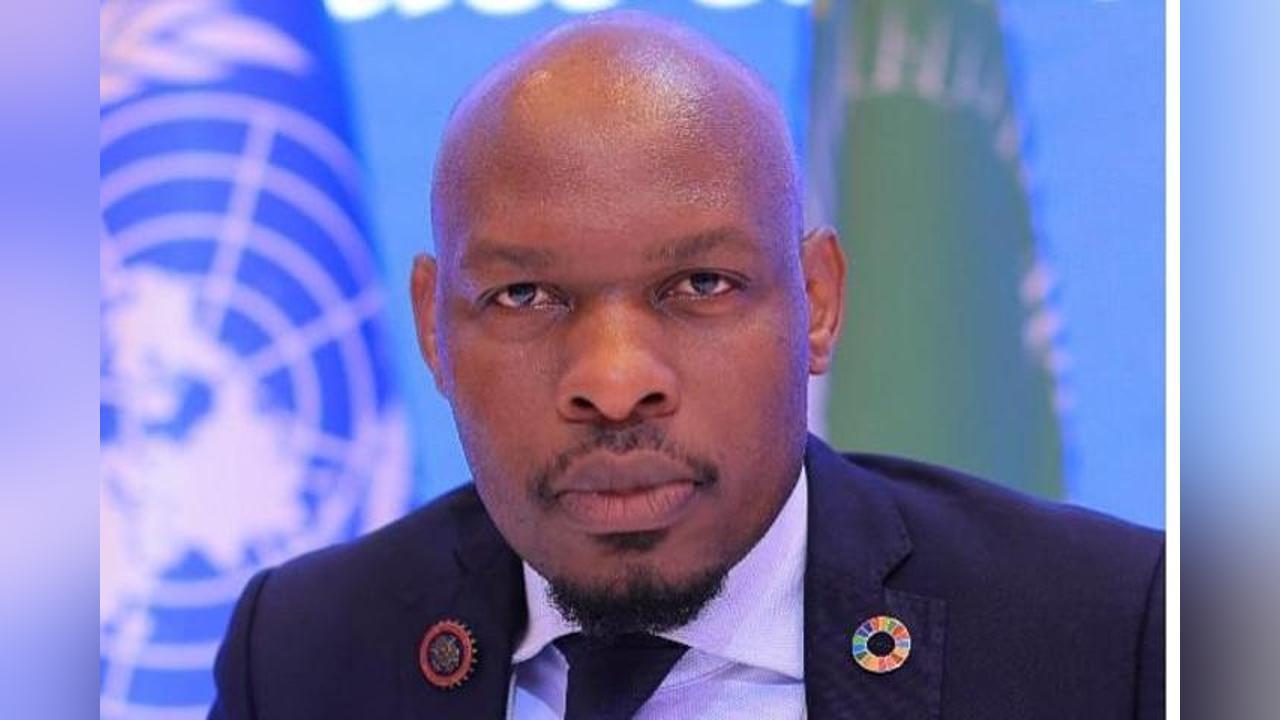By Robert Kigongo
Africa-Press – Uganda. The Rule of Law in Uganda has become a fading memory. Injustices, repression, suppression, and systemic oppression have taken root—these are now the norm, not the exception.
In a move that further deepens this democratic backslide, President Yoweri Museveni has signed into law the controversial UPDF Amendment Bill 2025, allowing civilians to be tried in military courts—despite a January 2025 Supreme Court ruling that declared such trials unconstitutional.
This draconian law, passed by the 11th Parliament, appears to target dissenting voices, activists, and political opponents ahead of the 2026 general elections. Its signing comes amid rampant abductions, torture, and arbitrary arrests of opposition figures like Dr Kizza Besigye, Achileo Kivumbi, Edward Ssebuufu (aka Eddy Mutwe), and Noah Mutwe, among countless others held in military safe houses.
To paraphrase Charles Dickens, “The law is an ass”—one that can be manipulated by those in power. In Uganda today, the law bends not in the direction of justice, but political survival.
What is disturbing is the selective application of military courts. These courts are used almost exclusively against President Museveni’s civilian political opponents—like Besigye, Robert Kyagulanyi, and other active members of the National Unity Platform (NUP)
The re-trial of Besigye under martial law, especially when he was in a deteriorating state of health, was not only unconstitutional but a blatant abuse of the justice system.
The Supreme Court’s judgment against the trial of civilians in military courts was hailed by institutions like the United Nations Human Rights Office and the Commonwealth.
The Constitutional Court had also ruled decisively in Kabaziguruka vs Attorney General (2016) that the General Court Martial is not part of Uganda’s Judiciary—it belongs to the Executive under Chapter 12 of the Constitution, which governs territorial defense and national security.
Simply put, the General Court Martial is a special tribunal established by Parliament to handle disciplinary matters within the Uganda People’s Defence Forces (UPDF). It is not intended for civilians.
Yet, Museveni and his son, Gen. Muhoozi Kainerugaba, continue to defend the practice, claiming that civilian courts are overwhelmed and ill-equipped to handle gun-related crimes swiftly. Museveni has argued that for national stability, speedy trials are essential, especially for “gun-wielding civilians,” even if they are not part of the armed forces.
While this argument may sound logical, it is hypocritical and opportunistic. The same justification is never applied to criminal cases involving politically neutral civilians. For instance, gun-related cases like Uganda vs Molly Katanga, Uganda vs Akbar Hussein Godi, and Uganda vs Dr Abel Kiyingi—all remain in civil courts. Why, then, are opposition figures tried in military courts?
Moreover, the qualifications and constitution of the Court Martial have often been challenged. In many cases, it is not composed of practicing advocates or judicial officers qualified to fairly interpret the law. This raises serious questions about its impartiality and legality.
In effect, the NRM/NRA regime appears to be using the military judicial system as a political tool—to instill fear, silence dissent, and build a strongman image of the state.
The President’s direct involvement in defending the military courts undermines the doctrine of separation of powers. His frequent public pronouncements blur the lines between the Executive and the Judiciary—an already fragile divide in Uganda’s governance system.
Worse still, with the enactment of the UPDF (Amendment) Act 2025, the military court system will now face the same backlog and inefficiencies that plague civil courts. But my greatest fear is not inefficiency—it’s the wrath that will be unleashed on political opponents of the NRM regime under the guise of justice.
For four decades, militarism has been Museveni’s tool for retaining power. But this latest move—capturing the judiciary through legislation—is the final nail in the coffin for Uganda’s democracy.
The country’s justice system is already in a dire state: plagued by political interference, poor case handling, conflict of interest, judicial bias, disrespect for legal practitioners, misuse of discretionary powers, and a lack of technological infrastructure.
Court delays and the late arrival of judges have become routine. The rule of law in Uganda is not just endangered—it is on life support.
In such a precarious state, no cosmetic reforms will suffice. Perhaps only divine intervention—or the equivalent of Noah’s Ark—can save Uganda from slipping further into totalitarianism.
Wherefore, may the departed soul of the Rule of Law in Uganda rest in peace. And may perpetual light shine upon it—until a just and democratic Uganda is born again.
Robert Kigongo is a human rights activist, democracy advocate, peace negotiator, and justice campaigner.
Source: Nilepost News
For More News And Analysis About Uganda Follow Africa-Press






